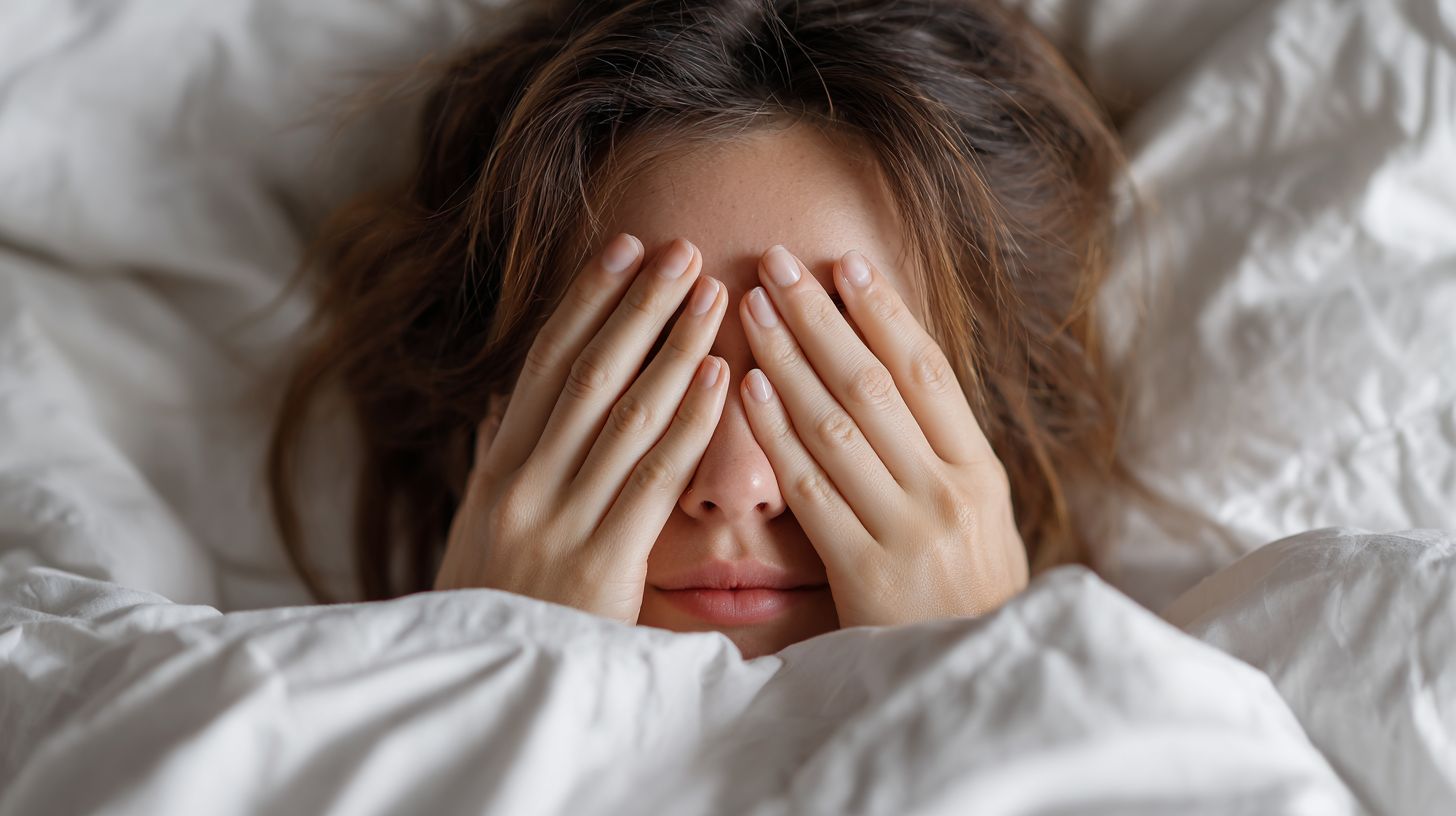
Many people wake up with only a vague memory—or none at all—of the dreams they had during the night. While this may seem trivial, science is uncovering fascinating insights about how and why this happens, and what it may reveal about our mental health.
Dreams primarily occur during the REM (Rapid Eye Movement) phase of sleep, a time when the brain is highly active. However, the prefrontal cortex—responsible for logic, attention, and long-term memory formation—is relatively inactive during this stage. This makes it difficult for the brain to “record” or retain dream content.
Neurochemical changes also play a role. Norepinephrine, a neurotransmitter linked to memory and attention, drops to its lowest levels during REM sleep. Without it, the brain struggles to tag dream experiences as important. Meanwhile, acetylcholine levels rise, fuelling dream activity but not aiding memory retention.
The timing of awakening is crucial. Waking up naturally during or just after REM sleep increases the likelihood of remembering dreams, as they are still present in short-term memory. In contrast, abrupt awakenings or waking from deep sleep often erase dream traces entirely.
Attention upon waking also matters. If we immediately shift focus to daily concerns, dreams are quickly overwritten. Briefly reflecting on dreams upon waking can significantly improve recall.
Frequent dream recall may indicate a more reactive brain, often linked to traits like creativity or introspection. However, it can also correlate with emotional sensitivity. For example, people with major depression may recall fewer or less vivid dreams, possibly due to disrupted sleep architecture and neurotransmitter imbalances.
Conversely, conditions such as anxiety and PTSD are often associated with heightened dream recall, particularly of disturbing or intense dreams. This is partly due to increased nighttime awakenings and heightened emotional reactivity.
Sleep disorders like narcolepsy also impact dream recall. Sufferers often enter REM sleep quickly and experience vivid dreams, even during short naps.
Importantly, not remembering dreams is normal and not inherently a sign of mental health issues. However, sudden changes in dream recall patterns, especially when accompanied by mood or energy shifts, could warrant attention.
To improve dream recall, experts recommend keeping a dream journal or voice recorder by the bed. Remaining still upon waking and mentally revisiting the dream can help, as can avoiding substances that suppress REM sleep, such as alcohol or certain medications.

